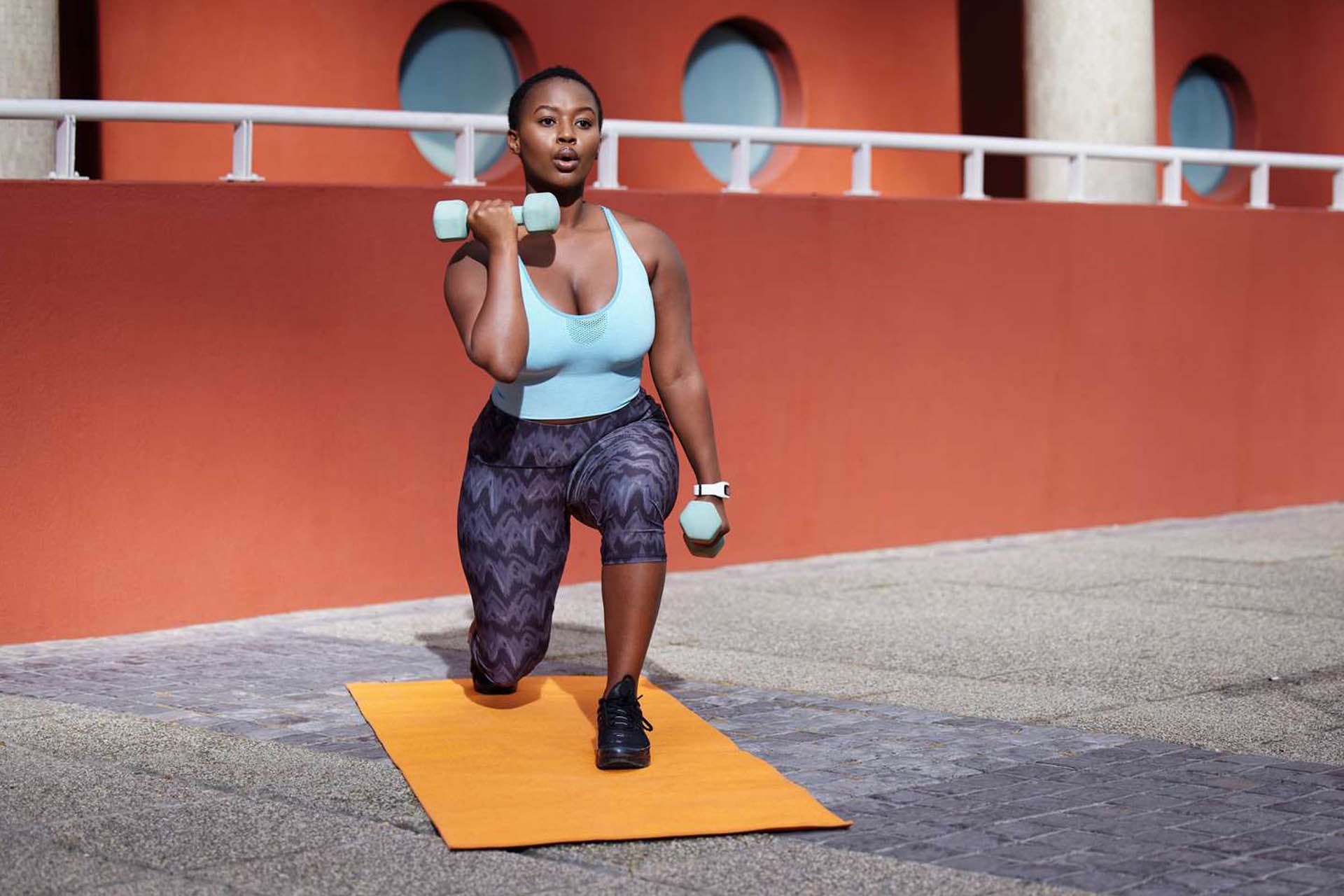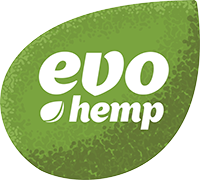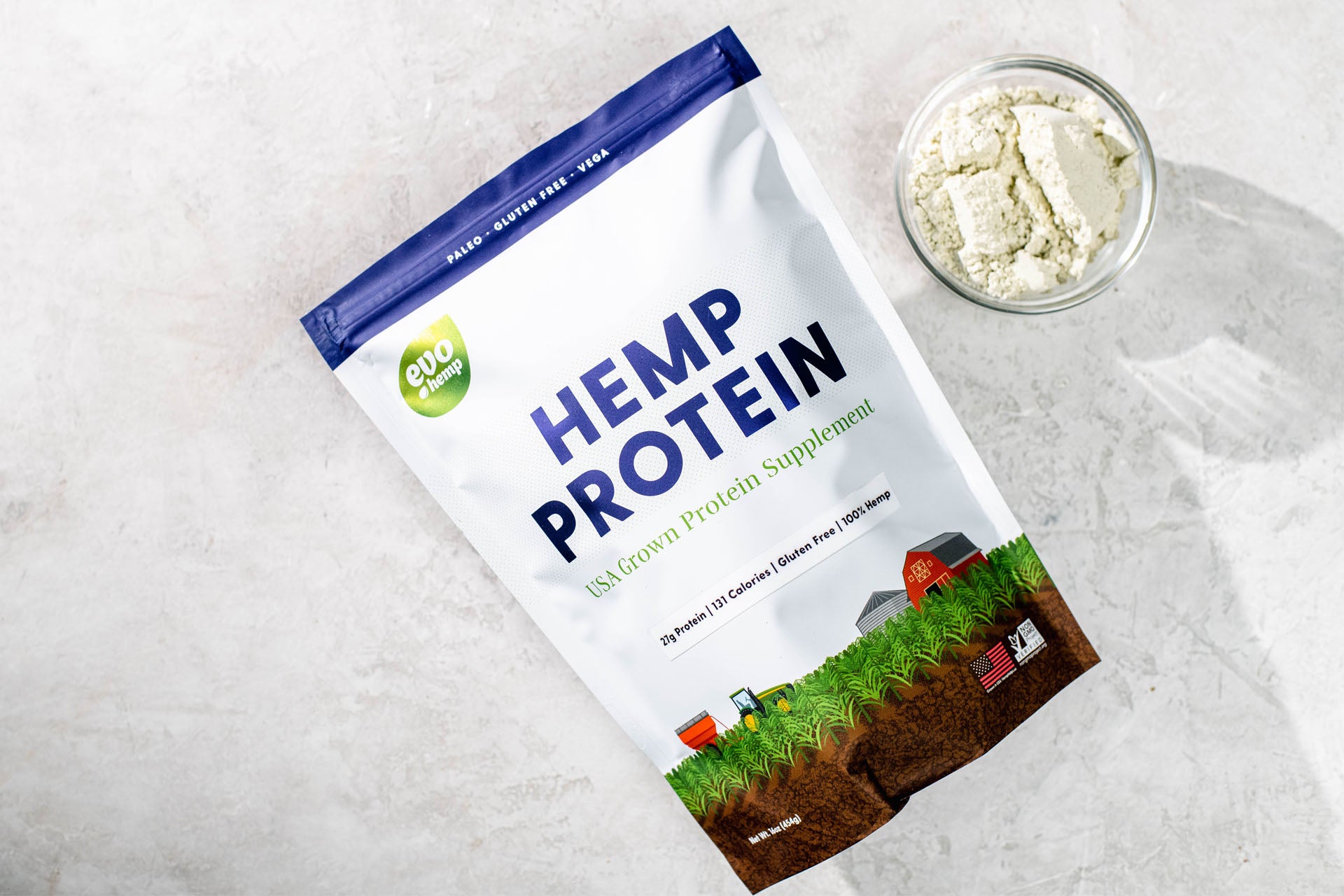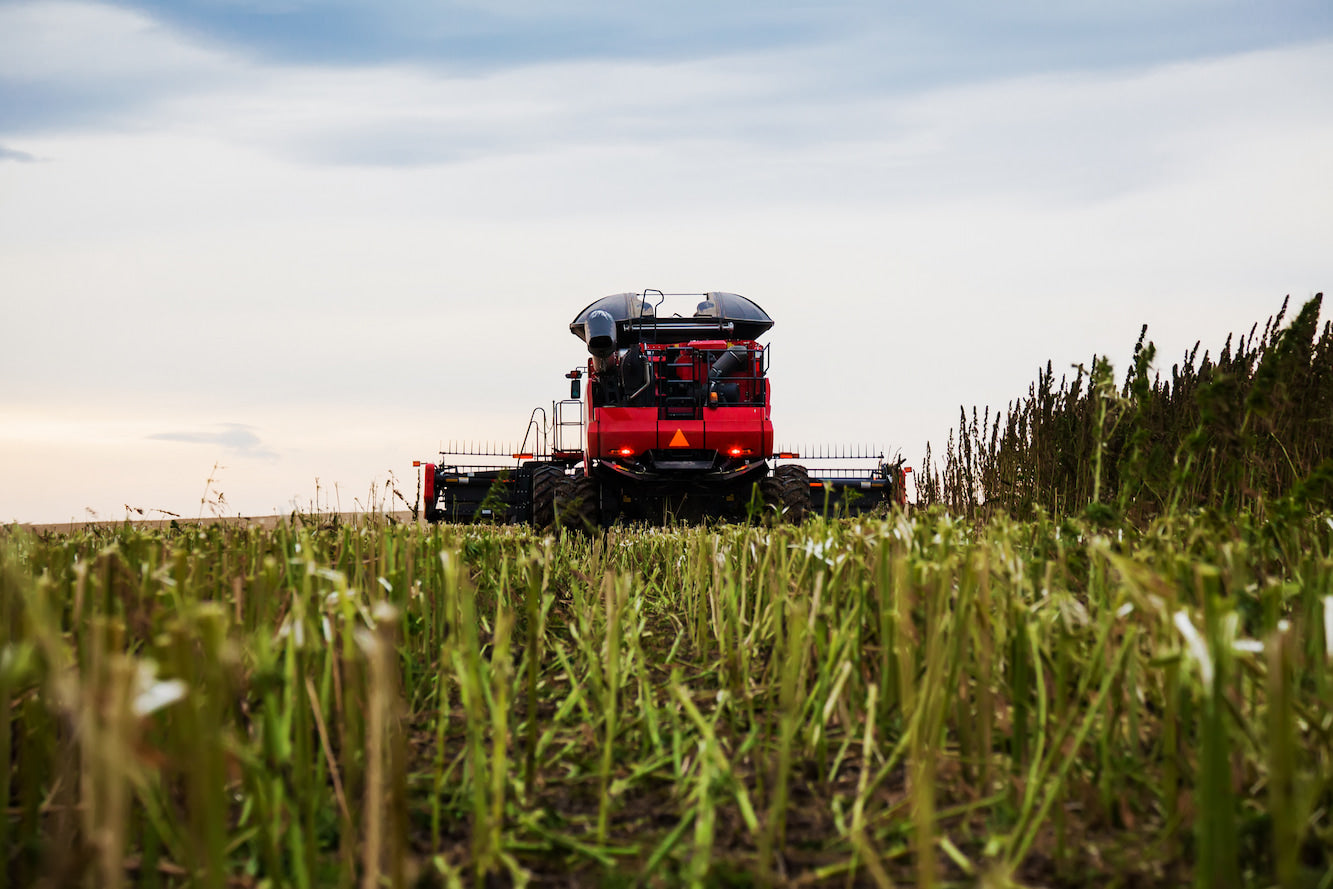CBD & Exercise: How To Make CBD a Part of Your Workout

Whether you’re an avid athlete or just starting out a new exercise routine, you may be looking for ways to crush your fitness goals without potentially overdoing it and injuring yourself in the process.
A number of exercise enthusiasts credit CBD with enhancing their workout routine by clearing the mind, aiding in muscle repair, and speeding up the recovery process.
Here’s how (and why) it might be worth a try to incorporate CBD into your exercise routine.
What Is CBD?
Cannabidiol–also known as CBD–is one of over 100 cannabinoids found in the hemp plant.
CBD is easily usable by the body’s endocannabinoid system (ECS), a complex system that uses cannabinoid receptors (CB receptors) to help regulate a lot of our everyday processes like sleep and appetite. The ECS is responsible for affecting pain signals, regulating mood, and more.
Is CBD Safe?
CBD is considered generally very safe. Only minor side effects such as nausea and headaches have been reported in regard to CBD use, and these are typically associated with the carrier oil when taken in high doses.
You do want to make sure that your products are tested by a third party lab and that a Certificate of Analysis (COA) is available. This ensures that only high-quality CBD is used, and that the dosage and potency results are accurately labeled.
evo hemp’s certificates are available on our website on every product page!
How Can CBD Support My Workouts?
Supports Muscle Repair and Recovery
As most of us can attest to, moving our bodies in strenuous or unfamiliar ways can often lead to sore muscles the next day. This is because exercise actually results in micro-damages to the muscles, leading to swelling in the muscle.
When the immune system gets to work healing these damages, it leads to the muscle becoming larger and stronger. This is how stamina and strength are built over time, and why muscles can become larger as you workout.
While the recovery process is necessary to support muscle growth and avoid injury, it can also be unpleasant. If you are hoping to reduce that exercise-induced muscle soreness on your rest days, or if you are itching for a quick recovery so you can get back out to beat your next goal, CBD can support the recovery stage of your exercise routine.
With its natural soothing properties, CBD can help support the immune system during the recovery process. CBD may also even speed up the recovery process by supporting the effects of endocannabinoids already at work within the body to support the immune system.
Endocannabinoids are molecules that are created by the endocannabinoid system to help keep things in balance. Produced on-demand, endocannabinoids are short-lived and easily broken back down by enzymes within the body.
CBD is thought to help support endocannabinoids so they can do the best job they can during this short time frame.
With this backup, CBD can not only help support the muscle recovery process, but support endocannabinoids in regulating an even wider range of functions throughout the body while they’re at it.
Eases Tension and Promotes Relaxation
CBD may also support your workout routine by helping to clear your mind and reduce feelings of tension.
High-pressure can lead to mental and physical stress that can interfere with your groove on game day. Tension in the body can also make you more prone to injury while working out.
Endocannabinoids also help regulate mood, stress, and tension by binding with cannabinoid receptors throughout the nervous system. A dose of CBD can support the soothing effects of the brain-made endocannabinoids throughout the body.
CBD may interact with serotonin pathways, too, supporting their ability to help block stress and nervousness, leading to better performance.
Eases Feelings of Discomfort
If sore muscles are keeping you from getting back into your exercise routine or enjoying your time away from it, CBD can provide relief here as well.
Your endocannabinoid system responds to certain signals in the body, so if your muscles are expressing discomfort, endocannabinoids will be sent to provide relief. And when CBD is applied directly to these sore muscles, its synergistic interaction with endocannabinoids can provide additional support.
Supports Sleep Quality
Our body recharges when we sleep, meaning that much muscle recovery takes place during our resting hours.
With less brain energy while asleep, the body is able to focus more on vital body functions. For instance, higher levels of the hormone Insulin Growth Factor (IGF) and testosterone are produced during sleep, which encourages healthy muscle growth.
Ultimately, when the brain is in a deep form of sleep, the body can focus more deeply on the muscles in need of recovery, making it incredibly important to get some solid sleep in the nights following an intense workout.
Luckily, CBD’s role in calming the mind and body can help promote deep sleep. The brain uses less energy in this stage than in REM sleep, which can reduce muscle recovery time as the body works diligently during these deep-sleep hours.
Supports Heart Health
Exercise can support heart health similar to how it supports all muscle health: by helping it grow stronger overtime.
When you exercise, your heart rate and blood flow goes up as your muscles require more oxygen. This process helps build endurance and strengthens the heart, which can also be supported by CBD’s tension-soothing properties.
By soothing the body, CBD can also support healthy blood circulation. CBD also has antioxidant properties, which can ward off oxidative stress that may wear on the heart over time.
How Much CBD Should I Use in My Workout Routine ?
The amount of CBD needed for your exercise routine will be unique to you, and you may need to do a little trial and error to find what fits you best. However, there are a few basic recommendations to keep in mind.
Milligrams Based on Weight
When it comes to work-out support, a typical dose of CBD ranges from one to six mg of CBD per every ten pounds of body weight.
If you are new to CBD, it is best to start small and work your way up until you find the right fit. Try starting out with five to ten mg, and then increasing your dose by another five to ten mg every week until you can feel the desired results.
Which CBD Products Should I Use for Exercise?
CBD Oils
CBD oils are taken orally, typically through a dropper and held under your tongue. Full-spectrum CBD oils can be flavored or plain, and are absorbed into the bloodstream to provide holistic support to the body and mind.
It’s easy to experiment with and fine-tune your dosage when using oils. This is a great option for bedtime to promote calm, or before or after a workout to help support muscle repair.
CBD Crystals
Like oils, evo’s unique CBD Crystals are CBD edibles that can be mixed into drinks and foods. This isolated form of CBD is pure CBD extract — perfect for blending into a pre-game smoothie!
CBD Gummies, Supplements, and Softgels
Full-spectrum CBD gummies, supplements, and softgels are easy to take and perfect for on the go. These edibles can soothe feelings of tension and discomfort, making them a great addition to your gym bag or purse so you’ll be prepared for whenever the post-workout soreness takes hold of your calves or biceps!
CBD Protein Powder and Supplements
As a powerful macronutrient, protein is vital for muscle recovery and refueling your body after an intense workout. It’s no surprise then that many athletes rely on protein powder to provide that post-workout recharge.
A CBD-infused protein powder or supplement can provide added antioxidants, soothing, and calming effects during recovery.
Topicals
CBD topicals are applied directly to the skin, allowing the CBD absorption to take place right through the pores. Instead of entering the bloodstream as is the case with CBD edibles, the CBD from topicals stays close to the application site, targeting the muscles directly underneath.
Because topicals are applied to the source of discomfort and start working directly where they need to, they typically bring relief a little faster than consumables. This makes them a great option for when you need to soothe specific areas, rather than seeking out the full-body benefits that can come with oils.
You can also generally use topicals on top of consumables, giving those overworked quads a little extra targeted relief!
When Should I Use CBD For Exercise?
CBD can be incorporated into your exercise routine however and whenever you feel fits your needs best!
Taking CBD before bed can help support good sleep quality, which can lead to better performance when taken the night before a workout, or support recovery the nights following a workout.
Using CBD shortly before working out (~1 hour or so if ingested, right before if topical) may also help reduce feelings of stress and tension that could cause an interference.
Finally, using CBD in the days following an intense workout can reduce soreness and discomfort, and quicken the recovery process.
Conclusion
Everyone’s exercise routine is unique, and you want to honor that by incorporating CBD into your workout routine.
Whether you are looking to soothe sore muscles, have a clearer mind to focus on your fitness goals, get the most out of your recovery, or help yourself wind down after an intense workout, there are so many different CBD options that can fit your needs.
Remember that this is your body, and your exercise routine. You be the judge, and use CBD in whatever way will serve you best!
Sources:
Cannabinoids as novel anti-inflammatory drugs | National Library of Medicine
- Tags: CBD



